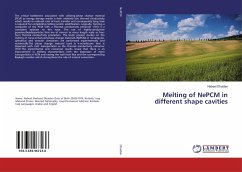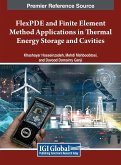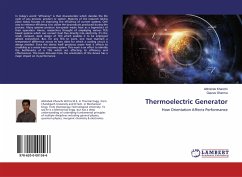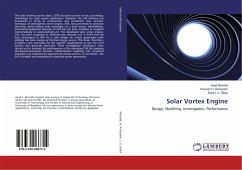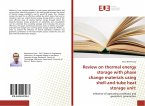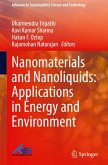The critical bottleneck associated with utilizing phase change material (PCM) as energy storage media is their relatively low thermal conductivity which results in reduced rate of heat transfer and consequently long time is required for completing melting and/or solidification. Logically, forming a composite of the PCM with a thermal conductivity enhancer (TCE) is a consistent solution to this issue. The use of highly-conductive powders/beads/particles that are of micron to nano length scale as free-form thermal conductivity promoters. This book presents studies on the melting of nano-enhanced phase change materials (NePCM) in rectangular, cylindrical and annular containers are performed experimentally and numerically.The phase change material used is n-octadecane that is dispersed with CuO nanoparticles as the thermal conductivity enhancer (TCE).The experimental and numerical results reveal that there is an improvement in melting characteristics with the dispersion of more nanoparticles in PCM and raising the wall heat flux and the corresponding Rayleigh number which strengthens the role of natural convection.
Bitte wählen Sie Ihr Anliegen aus.
Rechnungen
Retourenschein anfordern
Bestellstatus
Storno

